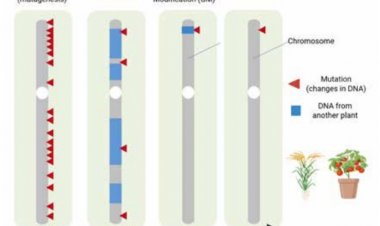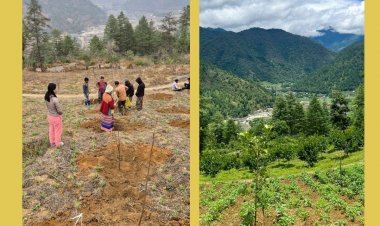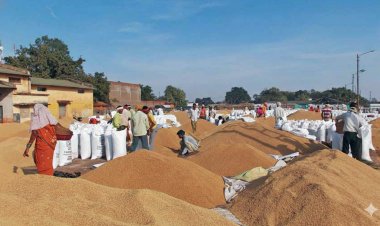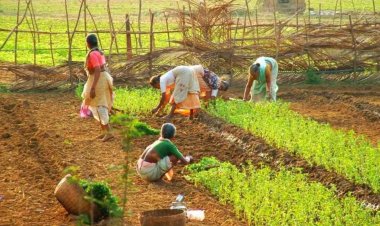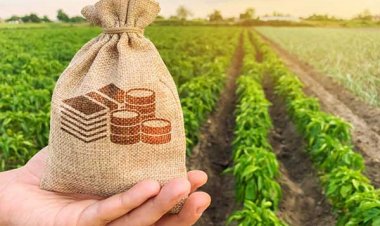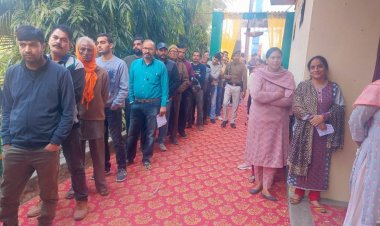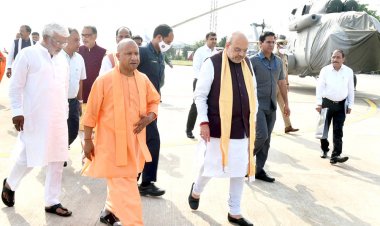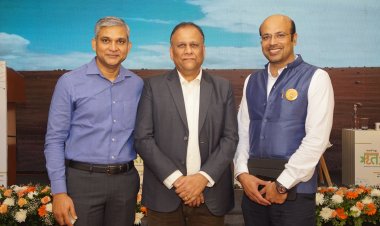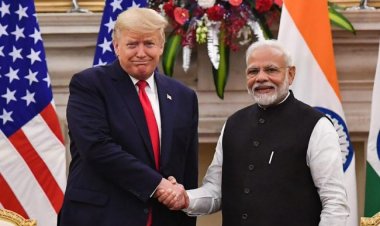Wealthy nations call the shots at WTO
There is more than an evident correlation, and in fact causation, between the current WTO rules and the appalling livelihoods of the world’s smallholder farmers. A certain table was set long ago with the current WTO rules or perhaps earlier, when some wealthy nations made the rules for poorer nations to follow.
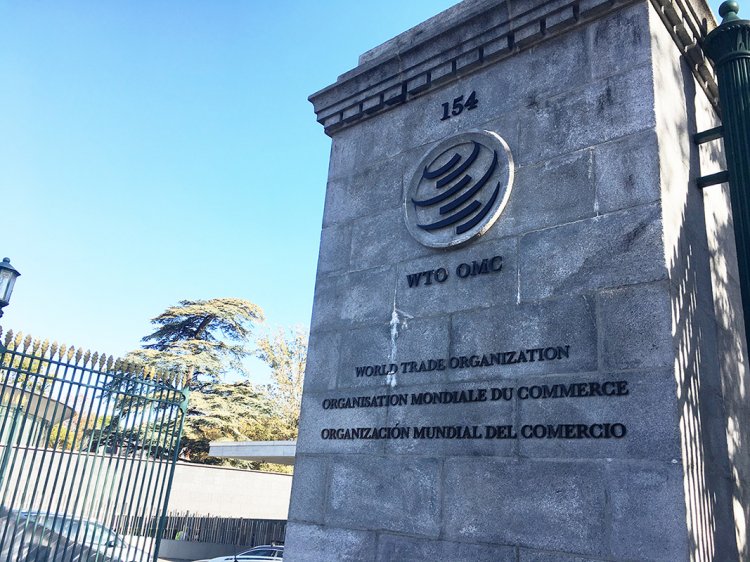
Sunita and Abike are smallholder corn and wheat farmers in India and Nigeria respectively. Despite rising food industry demand and consumer prices, both rarely earn income higher than their production costs. They could be anywhere — in India, Indonesia, Pakistan, Nigeria, Bangladesh, Mexico – all among the world’s ten most populous nations with a large percentage of families whose livelihoods depend on agriculture. Failing food systems impose enormous social costs driving families into abject poverty. Their cumulative effect is the largest migration in human history of people silently moving out of farms in the countryside for urban spaces or international waters unknown.
Sixteen United Nations (UN) Ambassadors recently wrote to the UN Food Systems Summit, “International agricultural trade is critical for global food security and poverty eradication”. 1 Tragically, both Sunita and Abike suffer the impact of cheaper food imports arising from the current World Trade Organization (WTO) rules, which causally drive down farmgate prices for farmers in food-importing nations while incentivizing the food industry and large-scale efficiency-driven agricultural production in food-exporting nations. This also has attendant consequences of accelerating climate change.
25 years post ratification of WTO treaties on food and agriculture trade, every ninth person in our world sleeps hungry, while a third of food produced is lost or wasted. We achieve impossible breakthroughs in innovation and technology, surely ensuring the human right to nutrition and ensuring no child goes to sleep hungry shouldn’t be so elusive. Ironically, the majority of the world’s poor and chronically hungry are the ones who produce the world’s food. The obese generally belong to the food-buying categories — the consumers. Would you agree, there is more than an evident correlation, and in fact causation, between the current WTO rules and the appalling livelihoods of the world’s smallholder farmers? Rules framed for siloed political boundaries make the WTO treaty on agriculture the absolute antithesis of a food systems approach.
The UN ambassadors are correct when they say that international agricultural trade is vital. But this shouldn’t and can’t imply that agricultural trade rules are sacrosanct. These must evolve to improve the lives of a vast majority of the world’s farmers and rural communities. Is the required change possible if the table is already set? Recently, the UN Special Rapporteur on the Right to Food, Michael Fakhri echoed the same, “What if the table is already set, the seating plan non-negotiable, the menu highly limited? And what if the real conversation is actually happening at a different table?”2
The efforts to meet common people’s expectations and targets the world has repeatedly set on nutrition, biodiversity, healthcare, financial inclusion or livelihoods, including the goals of the previous UN Food Summits, remain unfulfilled. Generations of broken promises on the one hand, and changing governments or trillions of dollars spent on the other – collectively we have been unable to change our trajectories as a human race and things are reaching a tipping point. Resultantly, skepticism abounds about the intent and processes for change. Now, sadly some sections of food producers and civil society refuse to associate with the UN Food Systems Summit 2021 suspecting that it will reinforce existing approaches.
The more we explore this maze, the more it becomes evident that a certain table was set long ago with the current WTO rules or perhaps earlier, when some wealthy nations made the rules for poorer nations to follow. Even the UN Security Council needs equitable representation from the global South.
The table is set in other ways too. In developing nations, big consulting firms, big businesses as well as research institutions with links to multilateral agencies and receiving foreign grants often have far more an influence on local food policies than farmers. Even the measurement metrics that have emerged, for example, defining poverty at a lowly US$ 1.90 a day or using GDP as the indicator of progress are deceiving and hide the bitter truth about spiralling inequality in the world. The proposals of the UN Food Systems Summit are not binding on member states; their adoption is voluntary. How can we ensure that countries take positions on the UN food system’s game-changing proposals by interpreting scientific evidence consistently and prioritizing the greater good of the planet instead of their near-term domestic interests? I believe all governments have the intent and knowledge, but often lack the political will or savvy to navigate policy at home.
Should we be deterred by these daunting circumstances? Never. We must recognize them and work around them as best as we can. It’s the precise reason why the UN Food systems summit is so crucial for our times and future generations. Let’s engage, like a farmer, who sows a crop, working against all the odds, including financial, climate and market vagaries, trusting that good intent and hard work will deliver a bountiful harvest.
(Ajay VIR Jakhar is the Chairman of Bharat Krishak Samaj, Chairman, Punjab State Farmers' & Farm Workers' Commission and Vice-Chair of Sustainable Consumption, UN Food Systems Summit. The views expressed here are personal and not the official views of the UN Food Systems Summit)



 Join the RuralVoice whatsapp group
Join the RuralVoice whatsapp group

















